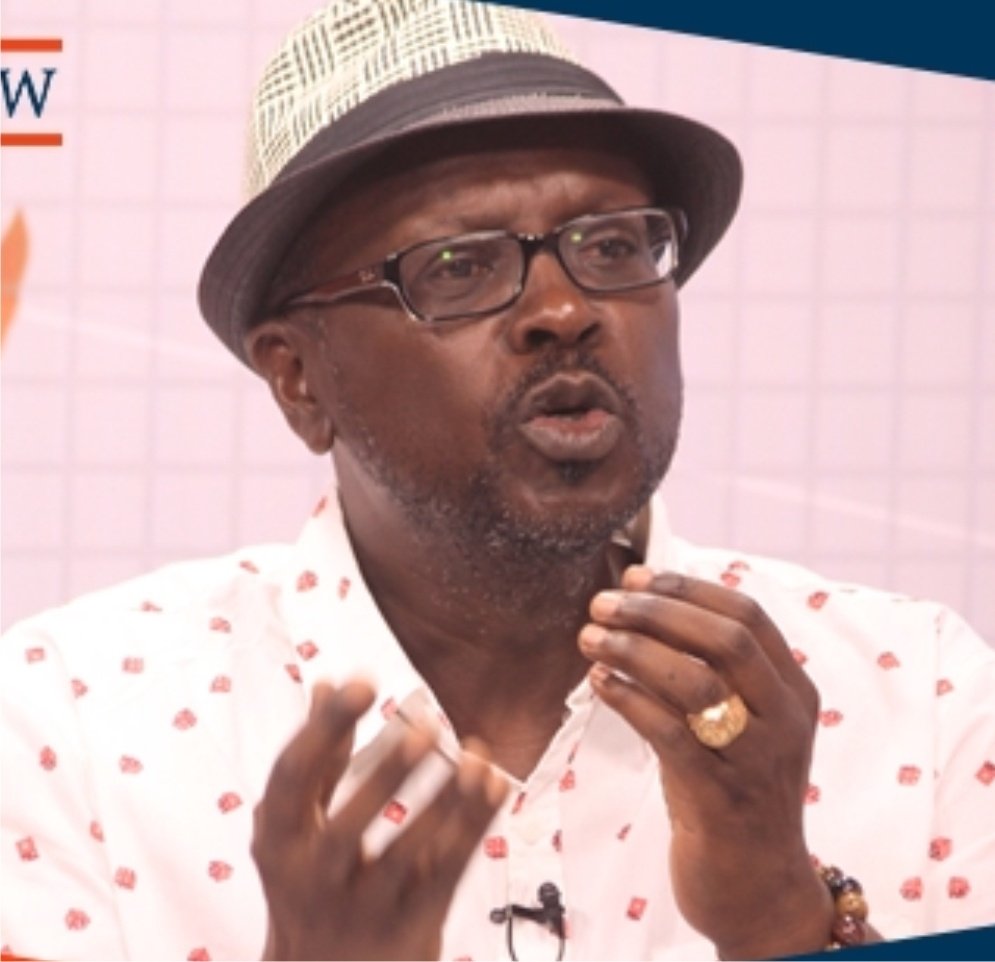Professor Kwaku Asare, popularly known as Kwaku Azar, a Legal scholar and public interest advocate, has blasted DStv Ghana following their statement on Sunday, August 3, 2025.
Kwaku Azar noted that DStv Ghana’s response glaringly sidesteps the most crucial issue raised by Sam George, the Communication Minister.
MultiChoice DSTV, in a statement, stated it was not tenable to reduce prices in the manner proposed by the Minister.
DSTV Ghana statement issued on Sunday, August 3 and signed by Alex Okyere, Managing Director of DSTV Ghana, read, “MultiChoice notes with concern the recent statements made by the Honourable Minister of Communications, Digital Technology and Innovation, Mr Samuel Nartey George, regarding DStv pricing in Ghana.
It is regrettable that the Honourable Minister has taken this stance, notwithstanding our ongoing endeavours to engage with the Honourable Minister candidly and in good faith on this important matter. In an effort to arrive at a resolution, we have made a proposal to the Honourable Minister and the National Communications Authority (“the NCA”) on an alternative further engagement avenue”.
Professor Kwaku Asare, reacting to DStv Ghana’s statement, wrote, “GOGO read your 3rd August 2025 media statement on DSTV pricing in Ghana with keen interest. While you express concern over the Honourable Minister’s comments, your response glaringly sidesteps the most crucial issue he raised: the comparative data showing that DSTV subscription fees are disproportionately higher in Ghana than in several other African countries.
As a paying customer, GOGO expected your response to engage the Minister’s data directly. Instead, your letter offers generic justifications about “macroeconomic conditions” and your commitment to “competitive pricing.”
Kwaku Azar added, “As a paying customer, GOGO expected your response to engage the Minister’s data directly. Instead, your letter offers generic justifications about “macroeconomic conditions” and your commitment to “competitive pricing.”
Yet, the Minister’s analysis shows clearly that Ghanaians are paying more for the same or even fewer channels than consumers in countries with similar or worse macroeconomic conditions. That demands a real explanation.
We don’t need alternative engagement avenues. We need alternative pricing models that are transparent, fair, and friendly to Ghanaian consumers”.
Kwaku Azar further fired three questions at DStv Ghana to answer, “Why are DSTV prices in Ghana higher than in countries like Nigeria, Kenya, and South Africa when adjusted for exchange rates and purchasing power parity?
Are Ghana’s macroeconomic conditions truly worse than in those countries? If so, please provide comparative metrics to justify your claim.
What exactly is the cost structure of your Ghana operations? How much of the pricing is driven by satellite costs, taxes, content licensing, or profit margins?
How does this differ from your cost structure in other African markets?”
Meanwhile, the Minority in Parliament has also waded into the brouhaha surrounding MultiChoice DSTV subscription packages in Ghana.
According to the Minority in Parliament, there must be fair DSTV subscription pricing.
In a statement signed by Member of Parliament for Kpandai, Matthew Nyindam, on Sunday, August 3, read, “The Minority in Parliament has taken note of the growing public concern over the high cost of DStv subscription packages in Ghana compared to other countries in the sub-region. We believe the concerns Ghanaians raised are valid and deserve urgent attention.
We fully support the advocacy initiated by patriotic citizens, which has now attracted the attention of the Ministry of Communications and Digitalisation. We agree that subscription fees must be set fairly and that pricing must reflect the realities of Ghana’s economy”.
The minority noted Sam George’s commitment to protecting the Ghanaian consumer, but added that the solutions must be grounded in law, fairness, and constructive engagement.
See the post below:

